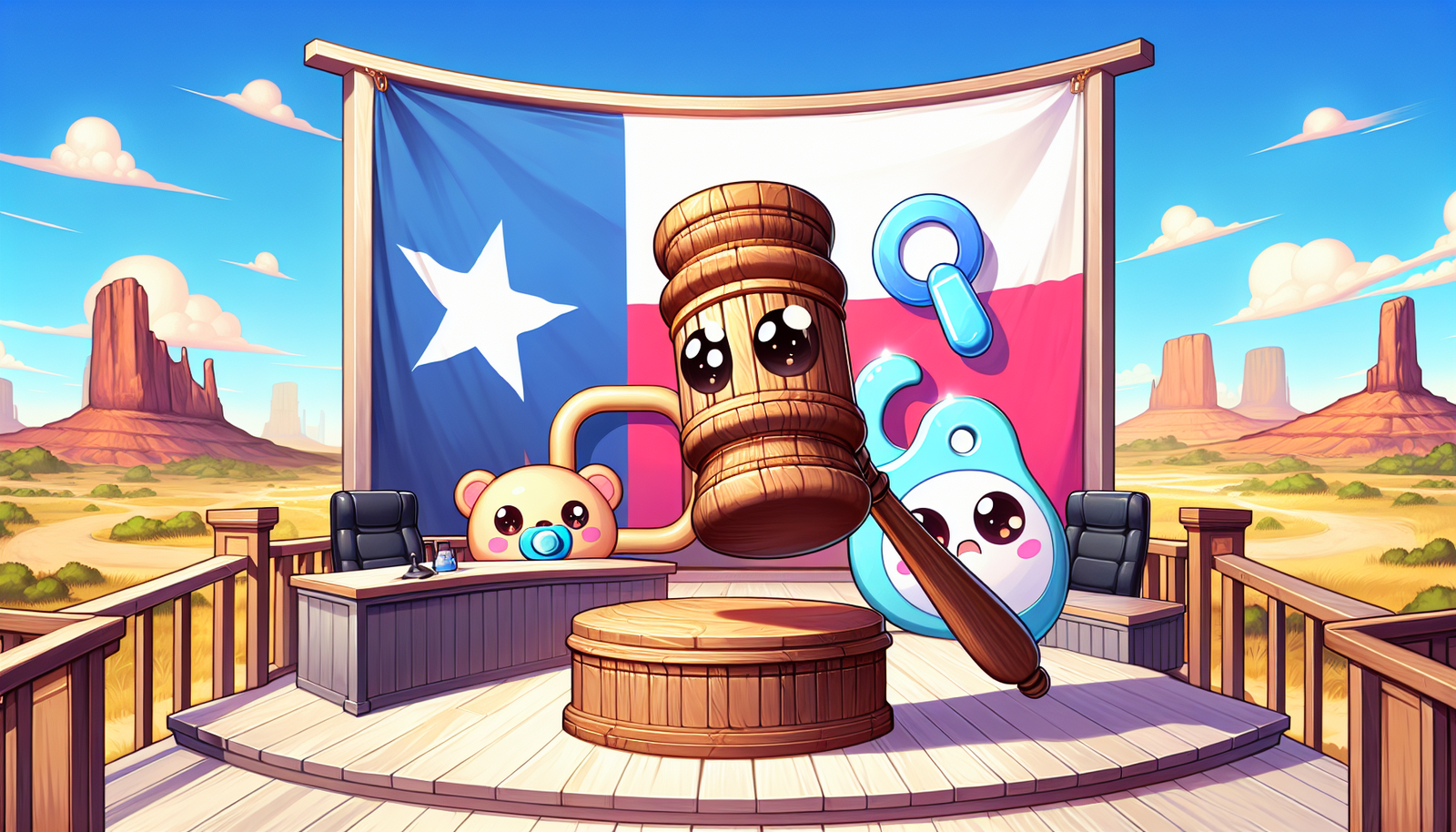Texas Sues TikTok Over Child Privacy Concerns
Texas Attorney General Ken Paxton has initiated a lawsuit against TikTok, alleging violations of the state’s newly enacted child privacy law. This legal action marks the first challenge to the Securing Children Online Through Parental Empowerment (SCOPE) Act, which came into effect just over a month ago.
Key Aspects of the Lawsuit
Under the SCOPE Act, social media platforms are mandated to verify the ages of younger users and implement parental control features, which include allowing parents to opt their children out of data collection. The lawsuit asserts that TikTok’s existing parental control measures fail to meet these legal requirements.
According to the lawsuit, TikTok’s tools do not allow parents or guardians of users aged 13 to 17 to adequately manage their children’s privacy and account settings. For instance, parents lack the ability to control TikTok’s sharing and selling of personal identifying information. Additionally, TikTok’s “Family Pairing” feature is criticized for being impractical, as it requires parents to create their own account and permits teens to reject parental requests for monitoring.
TikTok’s Defense
In response to the allegations, TikTok expressed strong disagreement and emphasized that it provides extensive safeguards for both teens and parents. The company highlighted its Family Pairing feature, claiming it is accessible to users and offers considerable controls for families.
Despite the lawsuit, TikTok already restricts targeted advertising for users under 18 years old.
Broader Context
This lawsuit adds to the mounting legal challenges TikTok faces in the United States. The company is currently embroiled in a legal battle concerning a proposed nationwide ban of the app and is also fighting a separate lawsuit by the Justice Department regarding child privacy violations.
Update (October 3, 2024, 8:05 PM ET): TikTok has issued a statement regarding the lawsuit, affirming its commitment to protecting user privacy and ensuring a safe experience for families on the platform.
Conclusion
As authorities take a closer look at how social media platforms manage the privacy of minors, the outcome of this lawsuit could have significant implications for TikTok and potentially reshape child privacy regulations in the digital landscape. The case exemplifies the ongoing debates surrounding technology, privacy rights, and the responsibilities of social media companies in protecting young users.

